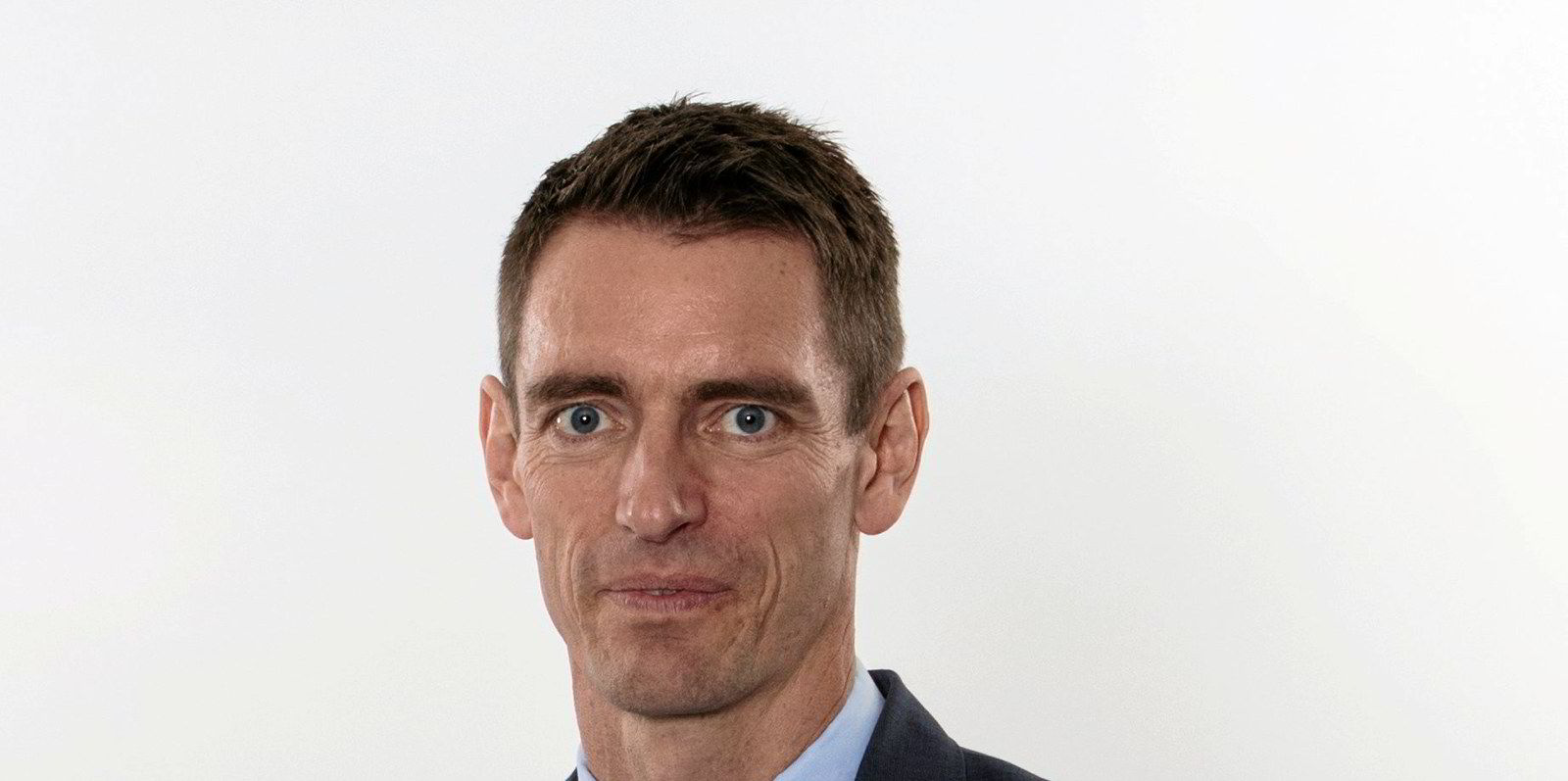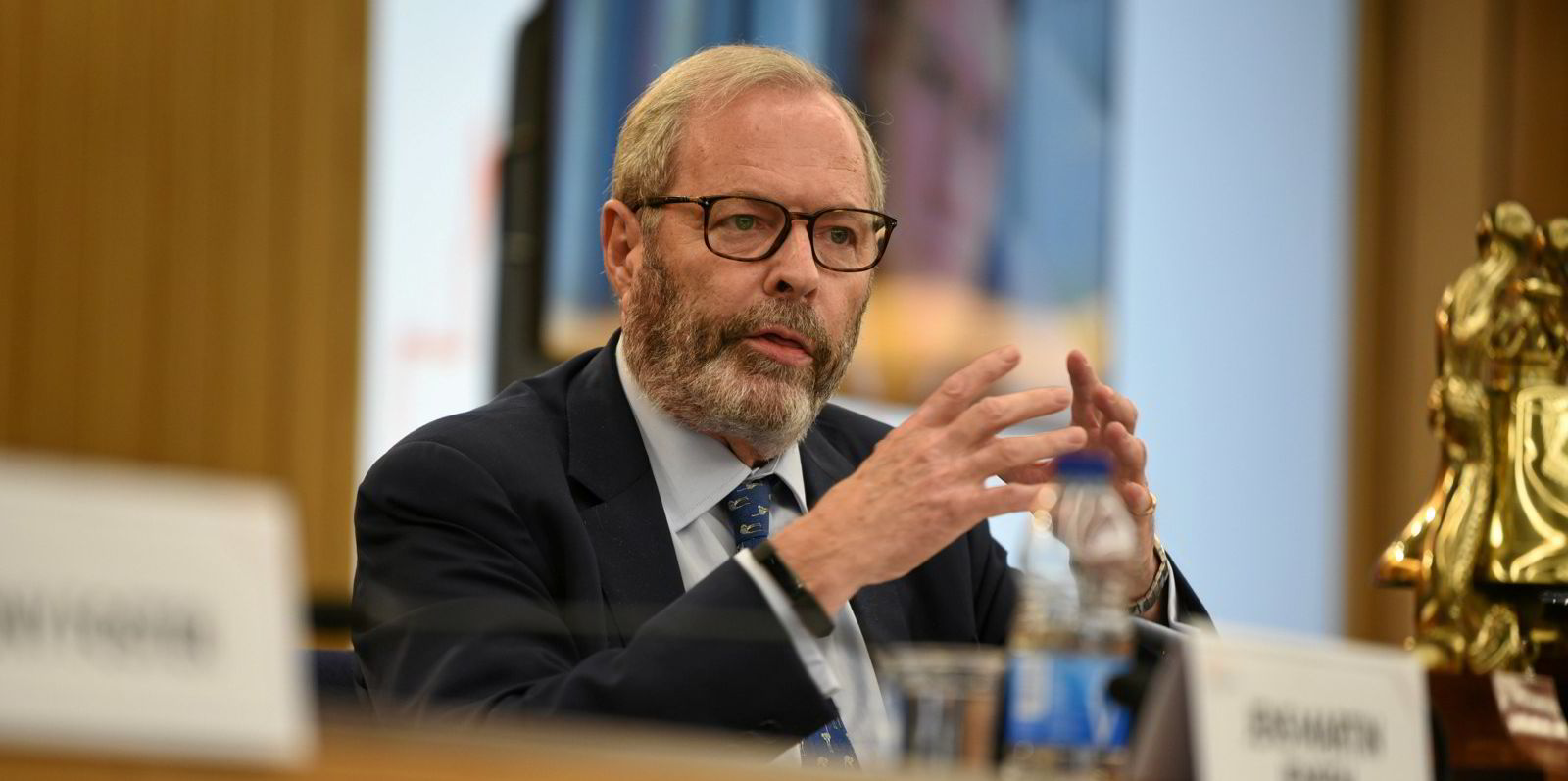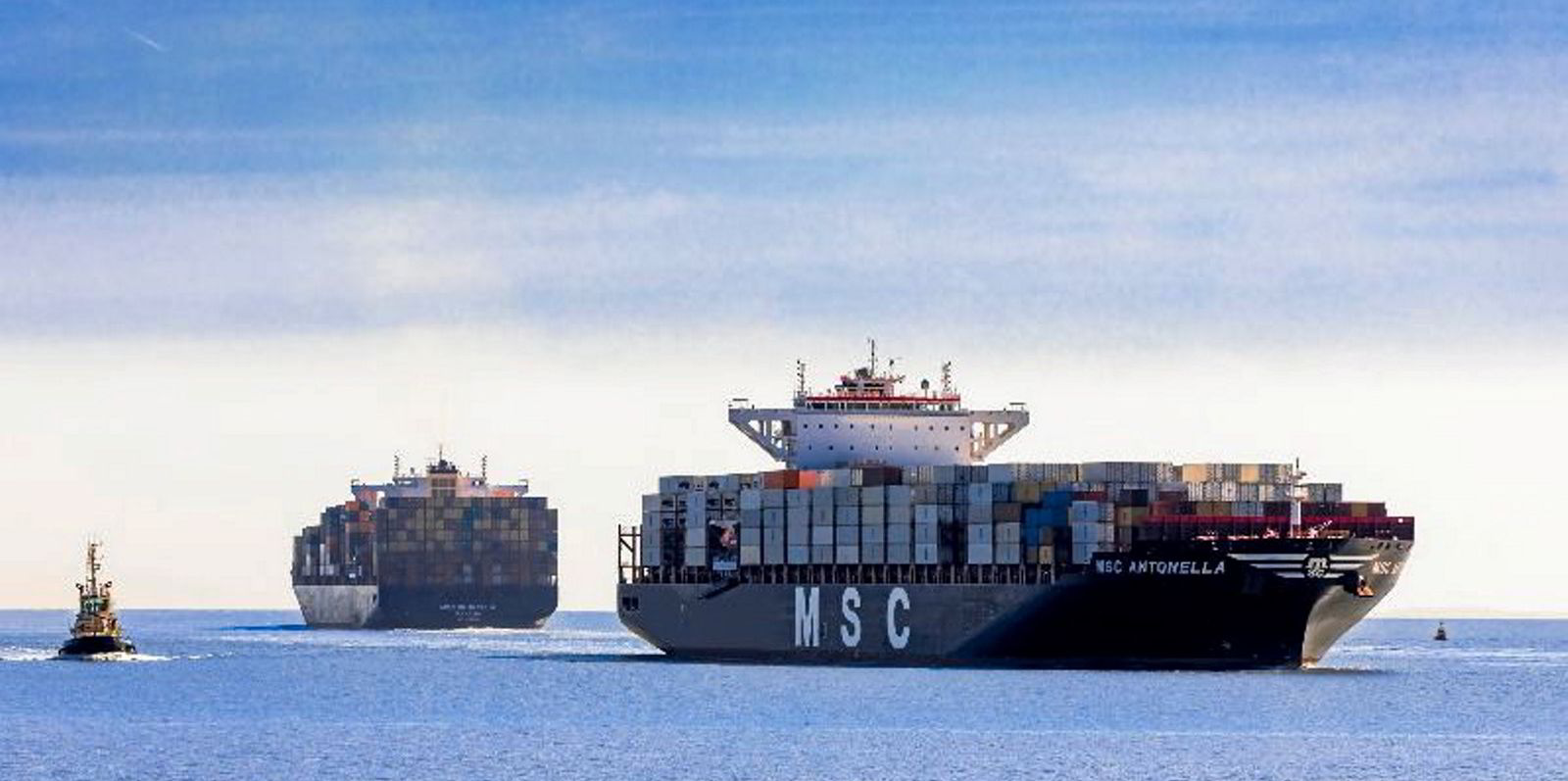A decarbonisation initiative by major shipping banks, which closely monitors the emissions performance of clients in line with international emissions regulations, is set to significantly raise its compliance standards.
The move follows the Global Maritime Forum's Call to Action for shipping decarbonisation in which 150 signatories demanded governments match the ambitions of the Paris Agreement on climate change and target zero-carbon shipping emissions by 2050.
Poseidon Principles chair Michael Parker, who is also chairman of global shipping, logistics and offshore business at Citi — a signatory to the Call to Action — said Poseidon Principles’ global framework is also ready to make the same adjustment.
Under the Poseidon Principles, ships are monitored for their compliance with the International Maritime Organization's goals to cut shipping emissions by 50% by 2050.
"I am proud that Citi was one of the architects and founding signatories of the Poseidon Principles, the first sectorial initiative by leading banks committing to measure the carbon intensity and climate alignment of our shipping portfolios on an annual basis," Parker said.
"We expect to move that alignment target from today's current IMO target to alignment with the Paris Agreement consistent with this Call to Action."
So far, 27 leading banks have signed up to the Poseidon Principles representing $185bn of ship finance.
Parker was speaking at a webinar arranged by the Global Maritime Forum to explain the Call to Action. He stressed that banks can play a key role in shipping's decarbonisation.
"Finance can show what is possible, and collaboration across the sector with finance will make a difference if accompanied by the necessary regulation, and more ambitious policies," Parker said.
A key demand from the Call to Action is for governments to establish a price on carbon to encourage the transition to low-carbon fuels.

Rasmus Bach Nielsen, global head of fuel decarbonisation at Trafigura, explained that regulation is required to encourage the supply of zero-carbon fuels and close the price gap with conventional fossil fuel oil.
“Shipping cannot decarbonise on its own,” he said. “The problem is zero-carbon fuels are way too expensive. That is why we need regulation to cost-neutralise alternative fuels.”
Lasse Kristoffersen, chief executive of Torvald Klaveness, said governments must adopt market-based measures to tax carbon emissions through the IMO and they must be deployed by 2025.
He said he was confident momentum was building in this direction, led by the European Union's Emissions Trading System.
"The bad news is the market will not solve this itself," Kristoffersen added.
MISC Berhad chief executive Yee Yang Chien said shipping has the technical capability to decarbonise but lacked the commercial incentives.
He said shipping's decarbonisation must be a joint public and private enterprise.
The Call to Action wants governments, by 2023, to commit to decarbonising shipping by 2050 — establish clear goals and incentives and support for shipowners to decarbonise — and provide market-based measures to make zero-emission ships the default choice by 2030.
Read more
- Getting to Zero members reveal their carbon credentials
- Shipping leaders demand governments target zero emissions by 2050
- 'Technically feasible': Tufton pledges investment in zero-carbon retrofits before 2030
- Getting to Zero members reveal their carbon credentials
- Mark O'Neil on shipping's carbon summit: 'Too little, too late'






